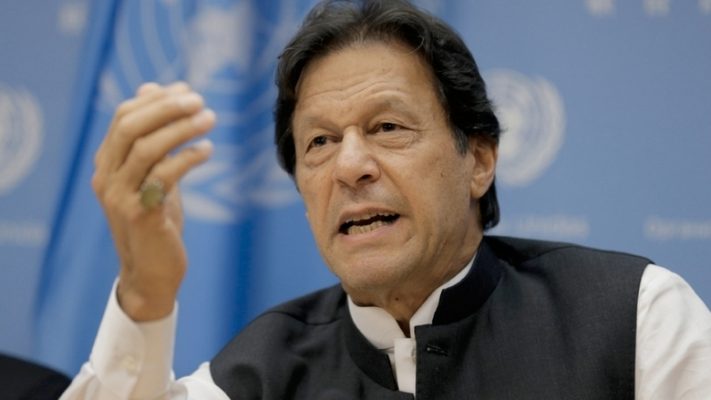
Islamabad: Pakistan government restrictions on the country’s defence industry are stifling potential and must go, says Haroon Qureshi, president of the trade body Pakistan Aerospace Council (PAeC).
PAeC is a collective group of aerospace, defence and high-tech electronics enterprises that aims to internationally raise the profile of Pakistani industry and Qureshi heads the defence engineering and electronics company East West Infiniti.
In a June 3 post on the PAeC website, Qureshi said Pakistan’s private, high-tech manufacturers have the potential to help establish a more ambitious local aviation industry by acting as suppliers and manufacturers of components and systems used by Western counterparts. However, this is hampered by government restrictions that demand permission prior to even design work.
Without these restrictions, Qureshi believes the private sector could “leap-frog, especially with electronics of the future.”
Citing the success of private space companies in the United States, Qureshi said if the Pakistani government frees the high-tech private sector to “innovate and do what the private industry thinks is feasible and viable,” those businesses would not use public funds and probably generate income for the government through taxes.
In response to PAeC’s comments, the Ministry of Defence Production (MoDP) said the government recognises and actively promotes the importance of “indigenisation and cooperation between the private sector and the defence-related industry.” However, it denied there are stifling constraints on the private sector, saying the market meets both domestic and export demand, but because of “international obligations/treaties, especially the measures taken to counter terrorism, certain limitations have to be observed.”
Nevertheless, the ministry added, “measures are under deliberation to further facilitate the private sector in forthcoming defence production policy,” including the creation of a unit for so-called one-window operations — an approach meant to shorten the lengthy bureaucratic process. It also cited recent supplier and vendors exhibitions as well as a defence production seminar to promote cooperation among private businesses.
The government is also preparing a “Defence Offset Policy” to encourage the private sector to absorb the “latest defence and dual-purpose technologies,” the ministry said.
Former Australian defence attache to Islamabad Brian Cloughley said Qureshi’s concern has existed for years, and the government’s regulations are driven by security fears.
“Whenever private industry wants to get involved in any aspect of defence production, the security people and bureaucrats in the defence system roll out objections, based mainly on the possibility of leakage of technical information and thus jeopardy of ‘national security,” he said. “It’s been a real headache, and I continue to be surprised that the private sector has continued its efforts for so long.”
Despite the government’s efforts, Shehzad Ahmed Mir, managing director of the private defence company Bow Systems, remains unconvinced.
“While MoDP lives in a self-pleasing, make-believe cocoon devoid of market realities, similar companies created much later in the West are literally thriving financially and technologically today simply because their respective governments gave them subsidies, export incentives, financial support, etc, compared to our government that drowns their ambitions in [no objection certificates], taxation whirlpools, bureaucratic hurdles, etc,” he said.
“So by the time — and if at all — MoDP comes out with any good news for the private sector, there won’t be anyone credible around to jubilate on it,” he said.








